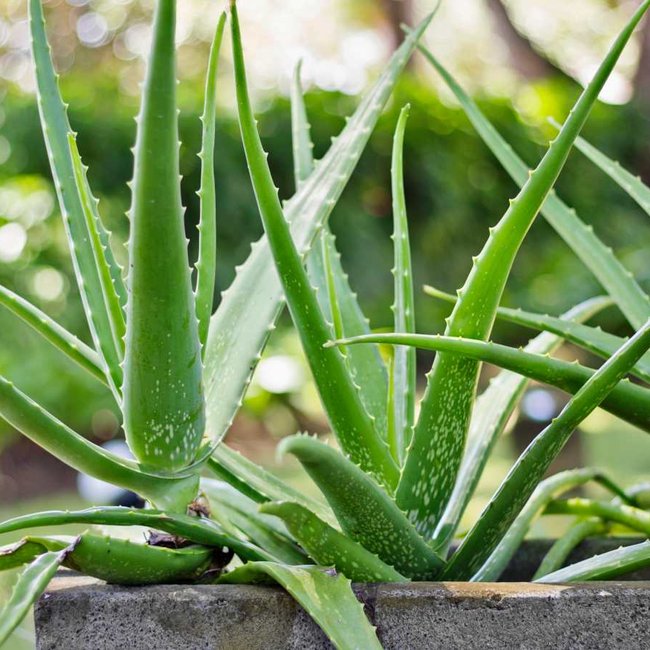Mules
Mules are one of the most iconic animals in the world. They are a hybrid of a horse and a donkey, and they have been used for centuries as a reliable form of transportation. Mules are known for their strength and endurance, and they are often used to carry heavy loads. They are also used in many different sports, such as racing and show jumping.
Meta Information
Scientific Name
Equus asinus x Equus caballus
Average Lifespan
40 years
Average Size
Mules are typically between 14 and 16 hands high and weigh between 800 and 1,000 pounds.
Similar To
Horses, donkeys, zebras, wild asses
Lifecyle
Mules are usually born after a gestation period of 11 to 13 months. They are typically weaned at the age of 4 to 5 months. Mules reach adulthood at the age of 3 to 4 years.
Diet
Mules are herbivores, which means that they feed on grass, hay, and other plant-based foods. They also eat grains, such as oats and barley.
Habitat
Mules are found in many different habitats, including deserts, grasslands, and forests. They also can be found in mountainous regions.
-
What is a mule and how is it different from a horse or a donkey?
A mule is a hybrid animal that is a cross between a male donkey and a female horse. Mules are similar in appearance to horses, but they have longer ears, more durable hooves, and coarser hair. They are also known for their strength and intelligence, which makes them ideal for working in agriculture, transportation and recreation. Mules are different from horses and donkeys because they are sterile, which means they cannot reproduce. They also have some unique physical and behavioral characteristics that distinguish them from their parent species.
-
What are the advantages of using mules for work and transportation?
Mules have several advantages over other animals when it comes to work and transportation. Firstly, they are stronger and more durable than horses or donkeys, which means they can carry heavier loads and work longer hours without getting tired. Secondly, they are more sure-footed and can navigate rough terrain and steep slopes with ease. Thirdly, they are more intelligent and easier to train than horses, which makes them ideal for a range of tasks such as plowing, logging, and pack carrying. Lastly, mules are known for their docile and friendly nature, which makes them excellent companions for both humans and other animals.
-
Can mules breed with other animals?
No, mules are sterile and cannot breed with other animals. This is because they have an odd number of chromosomes, which makes it impossible for them to produce viable gametes (sperm or eggs). Although they may show some signs of sexual behavior, such as mounting, they cannot produce offspring. However, female mules can sometimes produce foals if bred with a male horse or donkey, but this is very rare and the offspring is usually sterile.
-
What are some common health problems that affect mules?
Like all animals, mules are prone to certain health problems that can affect their well-being. Some common health problems that affect mules include lameness, colic, dental issues, skin conditions, and respiratory problems. Lameness can be caused by a range of factors such as overexertion, poor nutrition, or injury to the hooves or legs. Colic is a common digestive disorder that can be caused by a range of factors such as diet, stress, or parasites. Dental issues can cause pain and discomfort, and can affect the mule's ability to eat and digest food properly. Skin conditions such as rain rot or ringworm can cause itching and discomfort, while respiratory problems such as heaves can make breathing difficult.
-
What is the lifespan of a mule?
The lifespan of a mule can vary depending on several factors such as genetics, environment, and care. On average, mules can live between 30-40 years, which is longer than horses or donkeys. However, some mules have been known to live well into their 50s or 60s with proper care and nutrition. Factors such as regular exercise, a balanced diet, and proper veterinary care can all contribute to a mule's longevity.
-
Can mules be used for riding and recreational purposes?
Yes, mules can be used for riding and recreational purposes, and they are becoming increasingly popular in the equestrian world. Mules are known for their smooth gait, which makes them comfortable to ride, especially over long distances. They are also very versatile and can be trained for a range of disciplines such as dressage, jumping, trail riding, and pack trips. Mules are also popular among riders who are looking for a challenge, as they require a different approach to training than horses. However, it's important to note that mules have their own unique quirks and behaviors, and it's important to work with an experienced trainer when working with them.
-
How are mules cared for and what is their diet?
Mules require similar care to horses and donkeys, and their diet should consist of high-quality hay, fresh water, and a balanced diet of grains and supplements. They should be provided with a clean and dry shelter, and their hooves should be trimmed regularly to prevent lameness. Mules should also be vaccinated and dewormed regularly to prevent the spread of disease and parasites. It's important to work with a veterinarian who is experienced in working with mules, as their health needs can be different than horses or donkeys. Mules also require regular exercise and socialization, and should be given ample time to graze and interact with other animals.
10 Fun Facts About
1. Mules are known for their intelligence and strength. 2. Mules can live up to 40 years. 3. Mules are the result of a horse and a donkey breeding. 4. Mules are often used in agriculture and transportation. 5. Mules are very sure-footed and can walk on narrow paths with ease. 6. Mules are known for their endurance and can cover long distances with ease. 7. Mules are used in many different sports, such as racing and show jumping. 8. Mules can carry up to 20% of their body weight. 9. Mules are often used in the military to carry supplies and equipment. 10. Mules are known for their stubbornness and can be difficult to train.
Pun
What did the mule say when he was asked to carry a heavy load? "I'm not a pack mule!"
Out Thoughts About
🤠 The mule is an amazing animal that has been used for centuries as a reliable form of transportation. They are incredibly strong and resilient, and they make great companions.







